
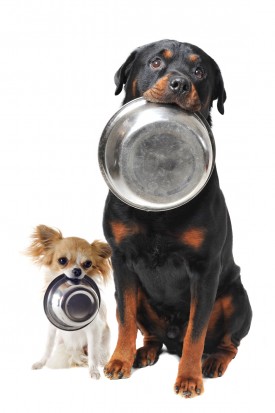
If you have the pleasure of owning two or more dogs, you know that meal times can be a little fraught where your pooches are concerned. Young dogs and puppies often have to find out the hard way not to put their noses in another dog's dish during mealtimes – and it can be quite a frightening experience for dogs and owners! The thing is that even the kindest and most sweet natured dog can turn into a snarling beast when there is food around.
The problem starts with the fact that most dogs absolutely adore food and they just love it when mealtimes come around because it means they can revel and delight in the offerings you place in their dishes which they have waited for patiently with baited breath. If you think about it, when a dog sleeps and has those funny little dreams when their legs go ten to the dozen – they are actually chasing prey which they want to catch so they can devour it – in a nutshell, dogs even dream about food!
Whereas most people stop eating when they feel full, the majority of dogs will just carry on eating till they are about to burst – and still they manage to squeeze in that last mouthful! Some people believe this is a trait the domestic dog has inherited from their wolf ancestors. Wolves would bring down a large animal and gorge themselves because they might not get to eat again for a few days and so it is that some of our beloved pooches behave!
Dogs that have an obsession when it comes to their food can often become rather aggressive which is the sort of behaviour you want to avoid at all costs. The kindest of dogs can turn into a growling grouch where food is concerned so you need to keep a close eye on them if they show any signs of not being that nice when you put their food bowl down.
If you feed a young fast eating dog close to an older pooch who likes to take their time over their food, there will inevitably be some sort of doggy altercation at some point in time, usually when the pushy young dog approaches the older dog's bowl for “seconds”!
However, some older dogs just let the youngster wolf down their food which results in an overweight young dog and a hungry older dog that really does not need that sort of pressure at mealtimes. This means it's really important to watch over an older dog if you are feeding them around a younger one because you could either end up with a heavy vet bill or one overweight pooch and one rather unhappy older one.
There are some dogs that become so food-mad they cannot help themselves, they guard their food bowl so fiercely that even their owners are at risk of being bitten. The problem is that many dog owners don't realise the problem has got so bad until their beloved dog bites them as they try to move the dog bowl when their pet is eating which results in a growl or worse still - a bite! It can be quite a shocking experience that frightens owners to the point of becoming afraid to feed their pets! If an owner overreacts when this kind of behaviour happens, it compounds the problem even further.
A lot of people choose to leave food down for their dogs so they can help themselves to it when they want which is a great way of correcting a food-crazy attitude seen in some dogs. However, this can make it harder to use food treats as a means to reward a dog when you are training them. The other problem with dogs having access to their food all of the time is that you could end up with a “fussy” eater.
The end result is that you have to try to make your dog eat by offering them all sorts of things in an attempt to get them to eat properly. Your dog may become a bit too pushy and have a real begging issue, in short, you could well end up with a rather “spoilt” canine friend that could make your life misery at mealtimes!
Lastly, dogs that have free access to food tend to eat too much simply because you keep refilling their dish which means you don't really know how much your pet is devouring on a daily basis. End result? An obese dog!
Dogs love routine, they thrive on it which means mealtimes have to be made part of their daily routine. It keeps them happy and if fed at the same time every day, you can be sure their digestive tracts develop a healthy rhythm which means a much healthier canine all round.
The amount of feeds you give your dog on a daily basis may also affect how they behave. If your dog is a bit food mad and you only feed them once a day, you might well be fuelling a problem because your pet may well start constantly searching for food wherever they can find it. This includes rummaging in the rubbish bin, stealing anything they can find and even getting into cupboards so they can get at the food that's stored in there. It is far better to feed a food crazy dog more often offering them smaller portions every time.
If on the other hand you have a picky eater and you feed them several times a day, you are in effect making matters worse for the dog and for yourself. It is far better to cut out all the feeds and only feed a picky eater once a day to try to encourage a better appetite.
When it comes to feeding dogs there are certain things which have to be thought of as sacrosanct. This includes respecting the fact that feeding times are important to a dog and a routine is essential. Leaving food down for your dog on a constant basis is not a good feeding strategy and you have to take notice of your pet's weight as well as their appetite. Lastly, it is very important to train your dog not to guard their food bowl, but rather to welcome people when they want to touch or move the bowl and to never show any aggression.
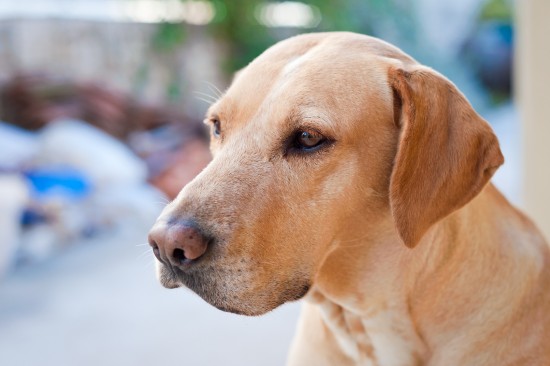 Dogs And Territorial Behaviour
Dogs And Territor
Dogs And Territorial Behaviour
Dogs And Territor
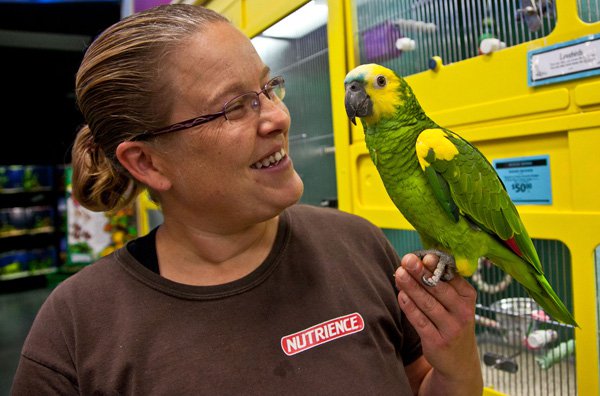 The Advantage of a Portable Dog Water Bottle Dispenser
The Advantage of a Portable Dog Water Bottle Dispenser
The Advantage of a Portable Dog Water Bottle Dispenser
The Advantage of a Portable Dog Water Bottle Dispenser
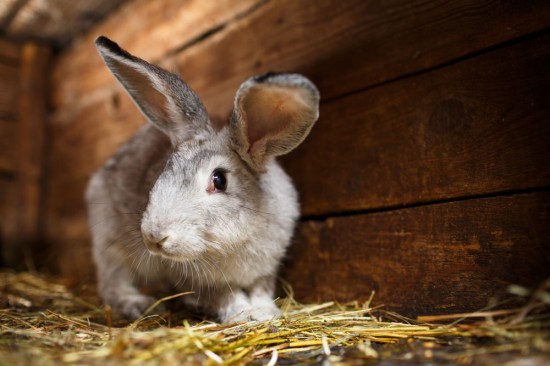 A Hutch Is Not Enough - Why Rabbits Should Not Be Considered As An Easy Pet
A Hutch Is Not En
A Hutch Is Not Enough - Why Rabbits Should Not Be Considered As An Easy Pet
A Hutch Is Not En
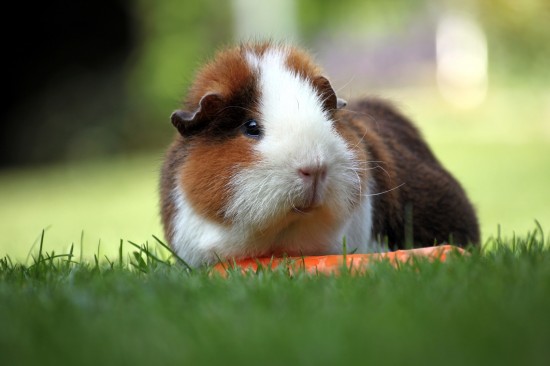 Guinea Pigs Do Better When Kept As Outdoor Pets
Guinea Pigs Do Be
Guinea Pigs Do Better When Kept As Outdoor Pets
Guinea Pigs Do Be
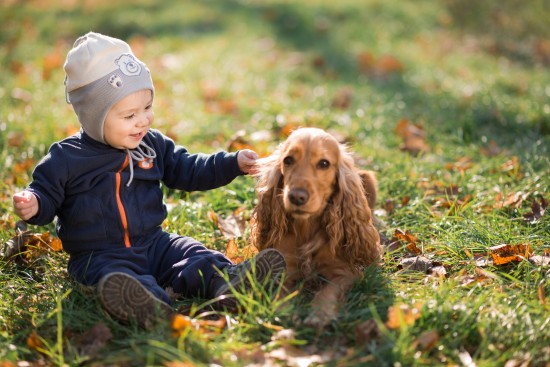 Teaching Your Children To Respect Your Dog
Teaching Your Chi
Teaching Your Children To Respect Your Dog
Teaching Your Chi
Copyright © 2005-2016 Pet Information All Rights Reserved
Contact us: www162date@outlook.com